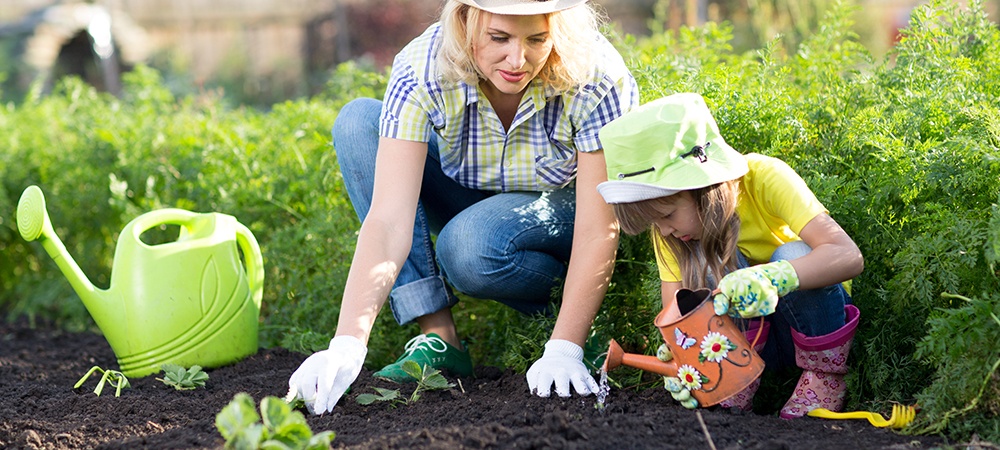Organic Gardening: Sustainable Practices for a Healthier Garden
Organic gardening is a method that emphasizes sustainability, natural processes, and ecological harmony. This approach not only fosters healthier plants but also contributes to the well-being of the environment and the gardener. Implementing sustainable practices in your garden can lead to a flourishing, resilient ecosystem that supports a diverse range of flora and fauna.
One of the cornerstones of organic does peppermint repel ants. Healthy soil is the foundation of a successful garden, and it begins with the use of organic matter. Composting kitchen scraps, garden waste, and other organic materials can enrich the soil with essential nutrients, improve its structure, and enhance its water-holding capacity. Avoiding synthetic fertilizers and pesticides is crucial, as these can disrupt the natural balance of the soil ecosystem and harm beneficial organisms.
Water conservation is another essential aspect of sustainable gardening. Implementing techniques such as mulching, drip irrigation, and rainwater harvesting can significantly reduce water usage. Mulching not only helps retain soil moisture but also suppresses weeds and adds organic matter as it decomposes. Drip irrigation delivers water directly to the roots of plants, minimizing evaporation and runoff. Collecting rainwater in barrels or other containers provides a free, sustainable source of water for your garden.
Biodiversity is vital for a healthy garden. Planting a variety of crops and including native species can attract beneficial insects, birds, and other wildlife that contribute to pest control and pollination. Companion planting, where certain plants are grown together for mutual benefit, can enhance growth and protect against pests. For example, planting marigolds with tomatoes can deter nematodes, while beans and corn grown together can support each other’s growth.
Integrated pest management (IPM) is a sustainable approach to controlling pests without relying on chemical pesticides. IPM involves monitoring pest populations, encouraging natural predators, and using physical barriers or organic solutions when necessary. Encouraging beneficial insects, such as ladybugs and lacewings, can naturally reduce pest populations. Physical barriers like row covers can protect plants from insect damage, while organic sprays made from neem oil or insecticidal soap can be used as a last resort.
Crop rotation is a technique that involves changing the types of crops grown in a specific area each season. This practice helps prevent the buildup of pests and diseases that target specific plants and improves soil fertility. For example, rotating legumes with heavy feeders like tomatoes can replenish nitrogen levels in the soil, reducing the need for additional fertilizers.
Cover cropping is another valuable practice in organic gardening. Growing cover crops, such as clover or rye, during the off-season can protect the soil from erosion, suppress weeds, and add organic matter when they are turned into the soil. These crops can also improve soil structure and fertility, providing a healthier environment for future plantings.
Sustainable gardening also involves mindful plant selection. Choosing plants that are well-suited to your local climate and soil conditions can reduce the need for additional water, fertilizers, and pest control measures. Native plants, in particular, are adapted to the local environment and can thrive with minimal intervention.
Incorporating
these sustainable practices into your organic garden can create a thriving,
resilient ecosystem that supports healthy plant growth and promotes
environmental stewardship. By focusing on soil health, water conservation,
biodiversity, and mindful plant selection, you can cultivate a garden that is
not only beautiful and productive but also sustainable for future generations.
Organic gardening is not just a method; it’s a commitment to nurturing the
earth and creating a harmonious relationship with nature.

Comments
Post a Comment